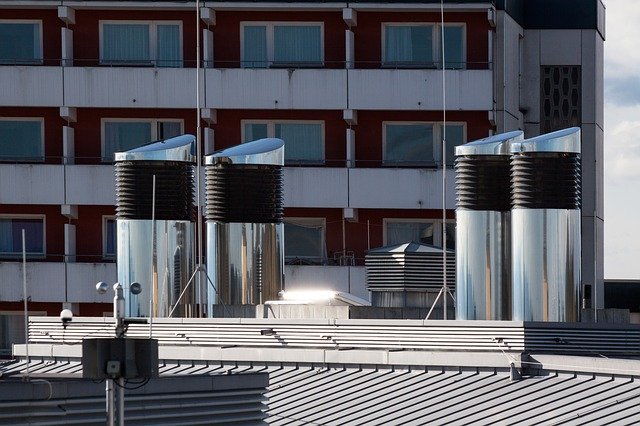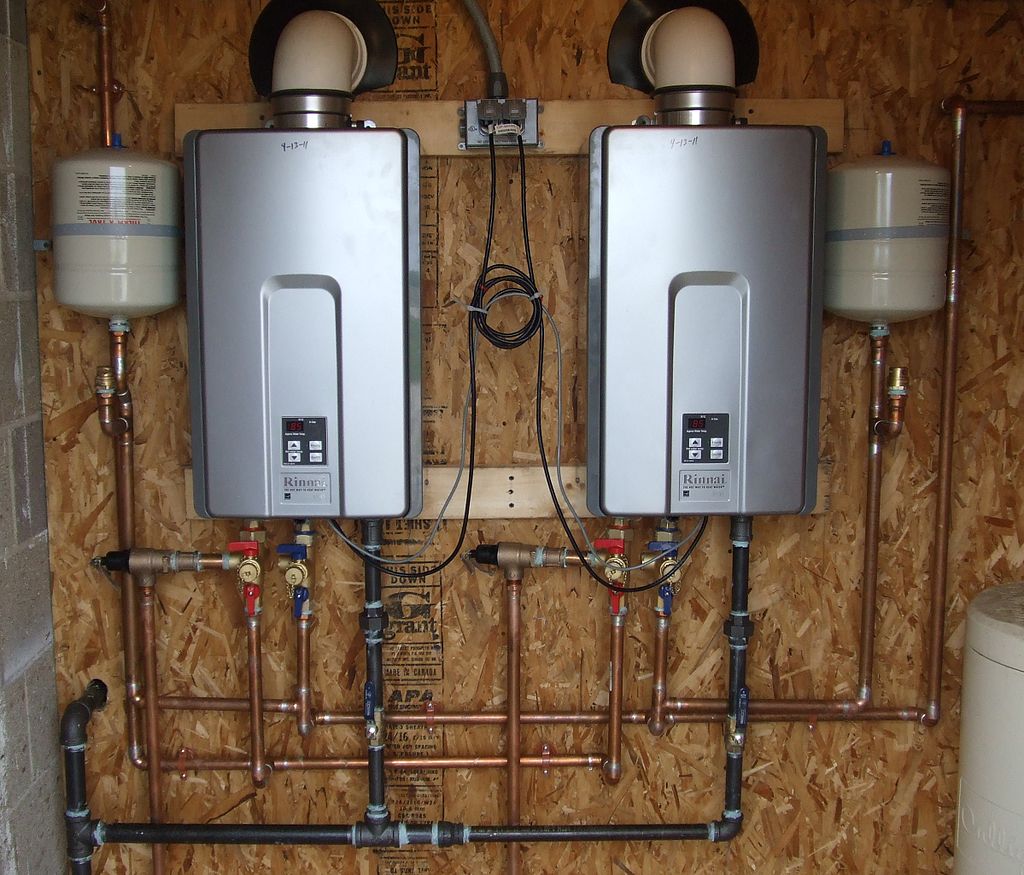
Tankless Water Heaters: Choosing the Right One

Tankless water heaters are designed to be more efficient than storage tank water heaters. They can provide a household with all the hot water it can use while also reducing its energy costs. Because a tankless water heater does not store water, there will be none of the standby costs associated with keeping stored water hot. Also, these water heaters have the potential to supply a home with almost unlimited hot water compared to a storage-tank water heater that is limited by the tank’s capacity. To get the benefits, a homeowner will need to choose the right tankless water heater for their home.
Factors to Consider When Considering a Tankless Water Heater:
Cost
Tankless water heaters can significantly reduce the cost of heating water in a home, but only over the long term. The upfront cost will still be higher than a storage-tank water heater.

The cost of installation should also be factored into the overall cost. Installation can cost as much as the unit itself, depending on the amount of labor involved. Because most hot water installations are during emergencies, homeowners often don’t have the time nor the inclination to negotiate.
Size
Because tankless water heaters do not store water the way a storage water heater does, size is less of a factor than how many gallons of water it puts out per minute. What that means is that when choosing a tankless water heater to meet the needs of a household, the question is how many gallons of hot water will the people in the house be using per minute?

For example, if two people are showering at the same time in a 2-bathroom house with a load of laundry in the washer, it will be necessary to calculate the gallons per minute that all three fixtures will need. Once the homeowner has a rough estimate of the demand from the fixtures, it will also be necessary to figure out how often they are used simultaneously.
Electric vs. Gas
Electrical tankless water heaters are great for point-of-use applications but not as good when heating water for a whole house. The main issue is the load placed on the electrical system. Most — except for the smallest — will require at least one new breaker to be installed. If it’s necessary to install a sub-panel, that will send the cost even higher. One benefit of electrical tankless water heaters is they don’t need venting.

Gas is a more powerful fuel option. It delivers more gallons of water per minute and is the most common fuel source; however, it comes with its own set of challenges and expenses. If a home’s gas supply pipes are too small, they may need to be replaced. Venting will be another significant cost since gas tankless water heaters require large flues to handle their extreme heat. In addition, tankless venting can be complex and should be professionally installed to ensure that they meet code requirements. Improper instillation can void manufacturer’s warranties.

On the upside, most new gas tankless water heaters have electronic ignition instead of the older pilot light systems, which burned fuel constantly because they were always on.
The Skinny on Tankless Water Heaters:
Tankless water heaters are not for everyone, but they can work for most homeowners if they properly evaluate their hot water needs.

While initially, more expensive tankless units offer savings over the lifetime of the unit. When the right unit is installed, it can last twice as long as the traditional tank unit and be a great home improvement option, as it costs less to maintain. In addition, tank units are notorious for causing additional, and sometimes costly, damage if they are not replaced before they rupture.

For homeowners able to afford the upfront cost it’s time to consider a tankless unit, and as an added benefit you’ll have extra storage space. You’ll never miss the eyesore of the old tank.












